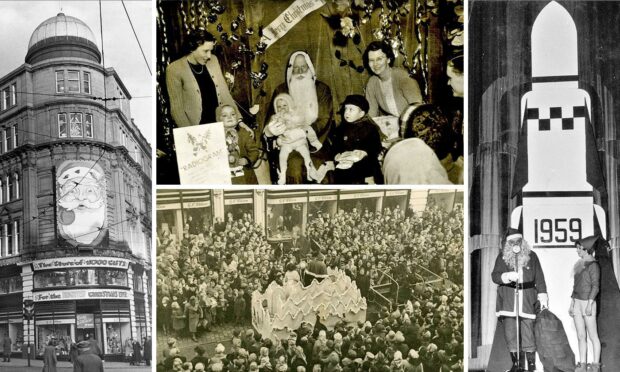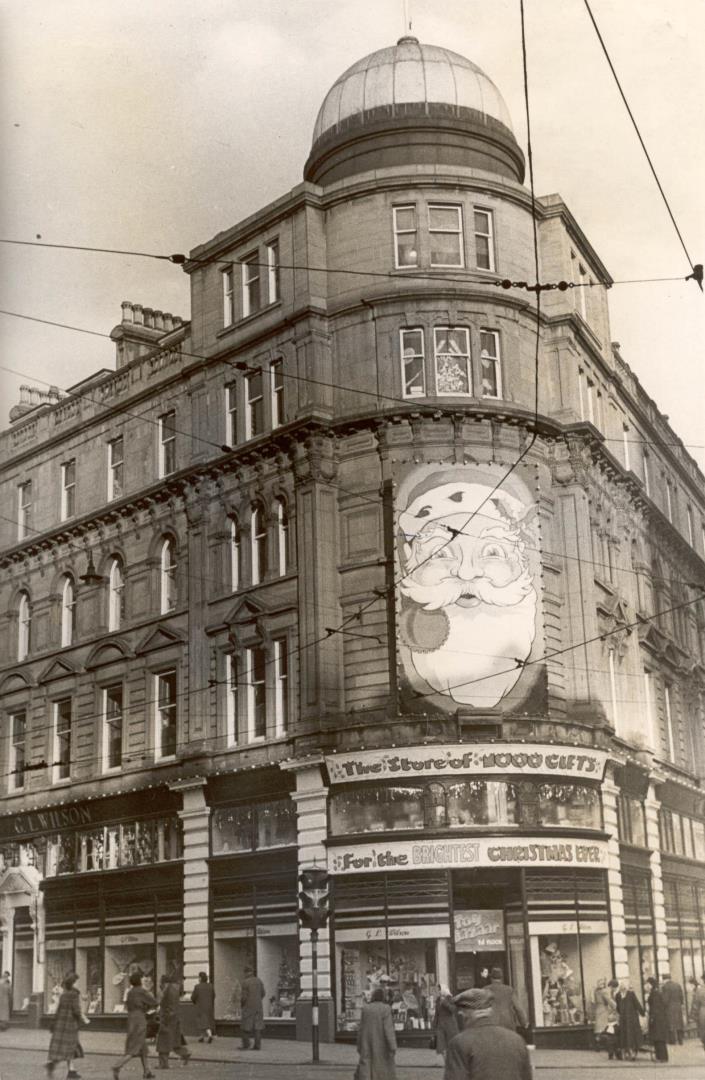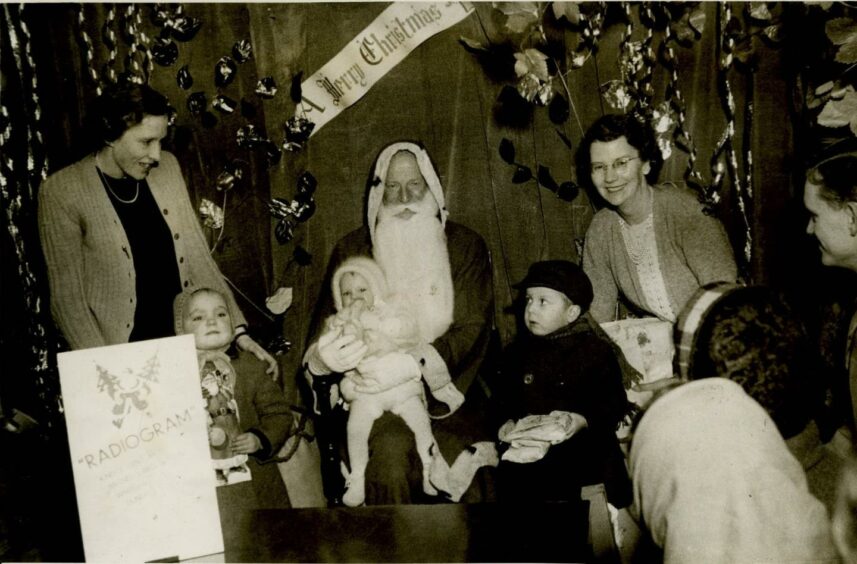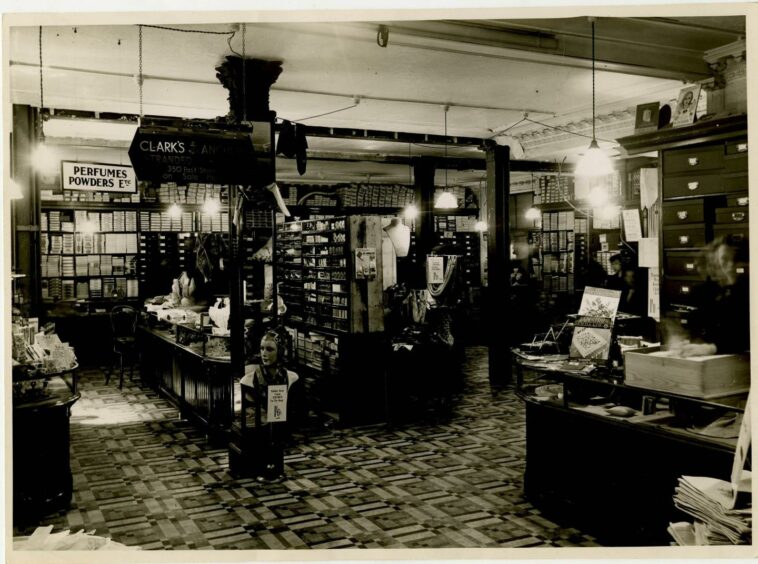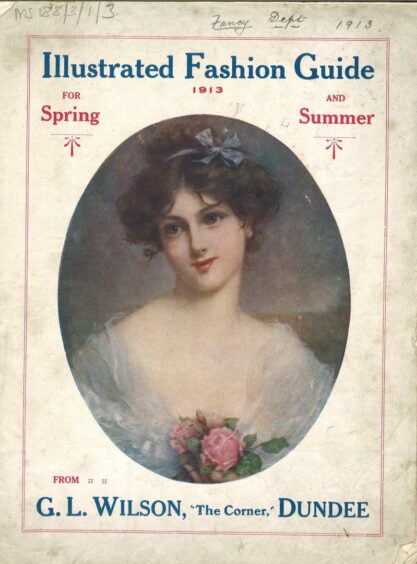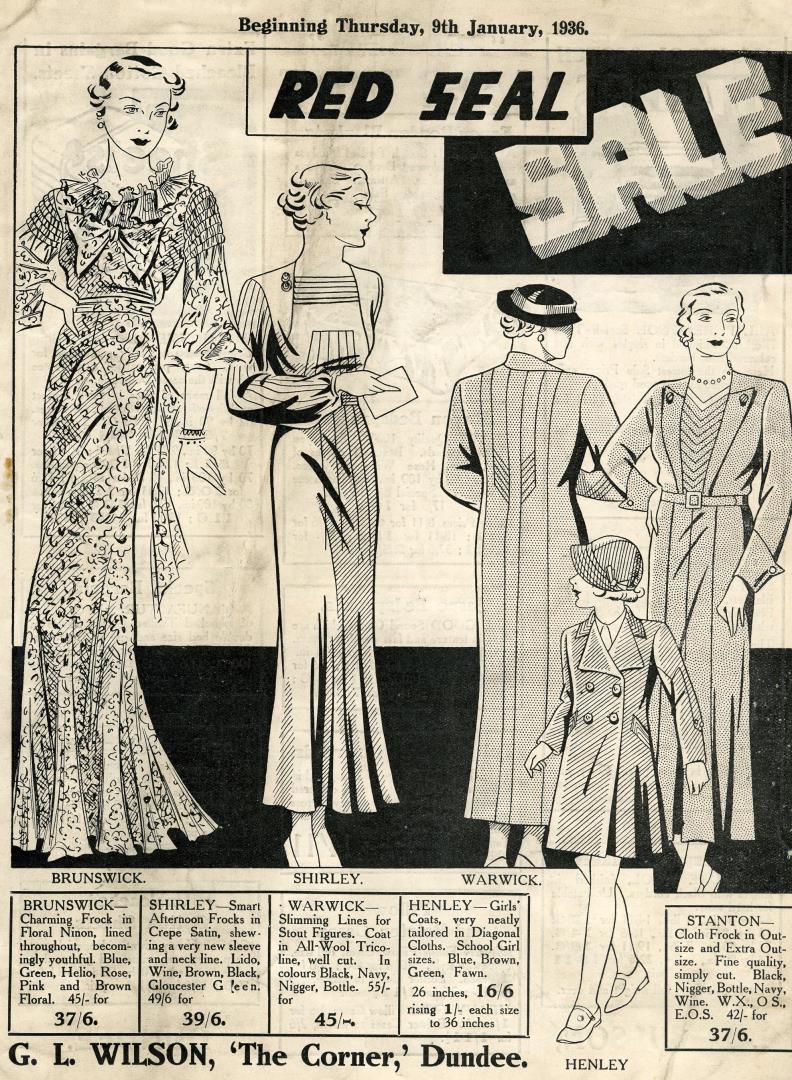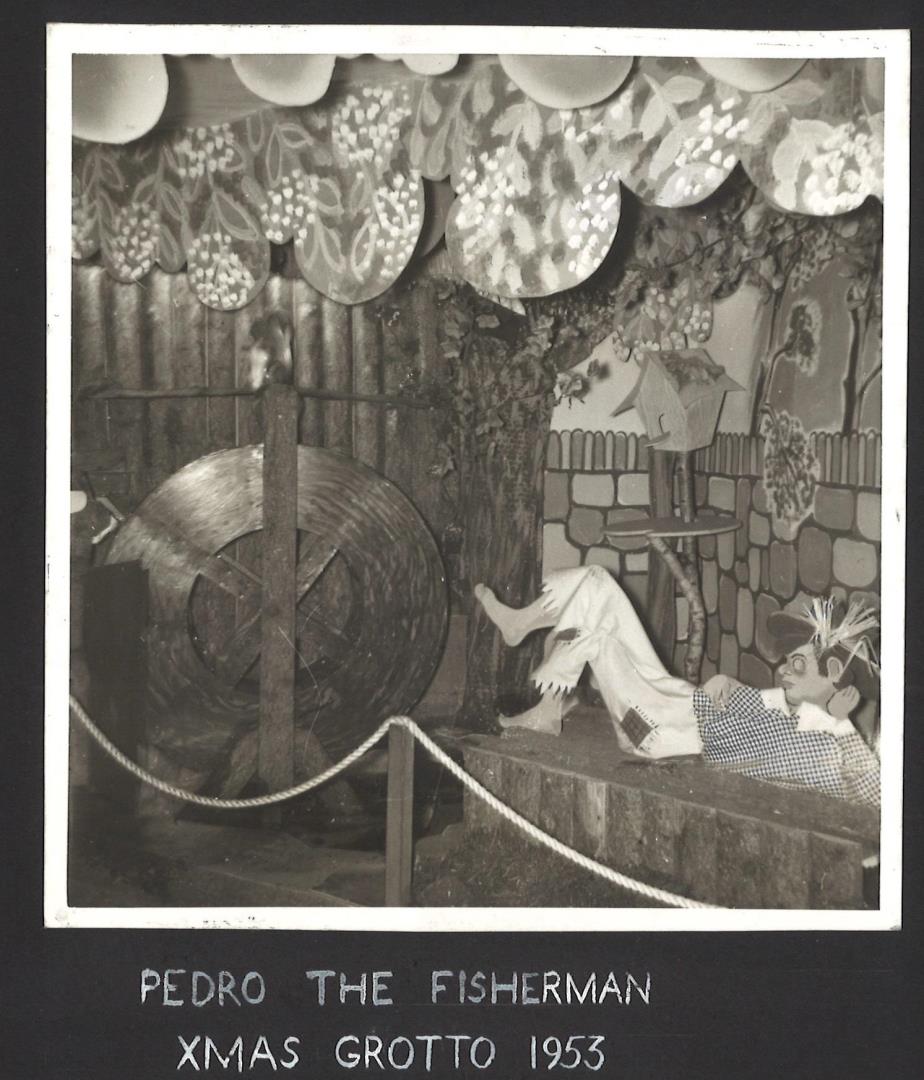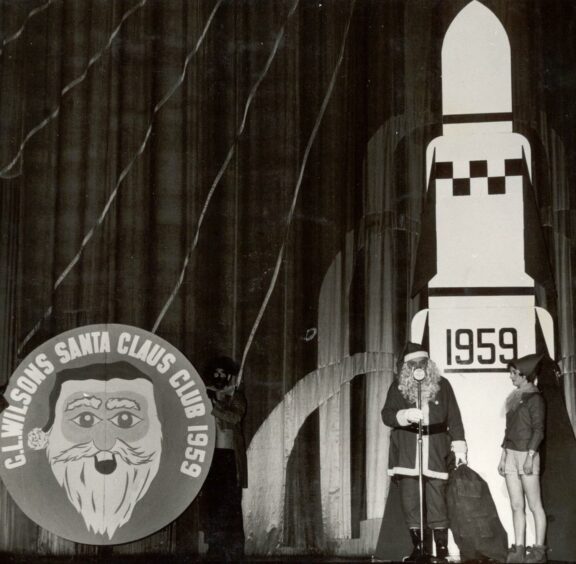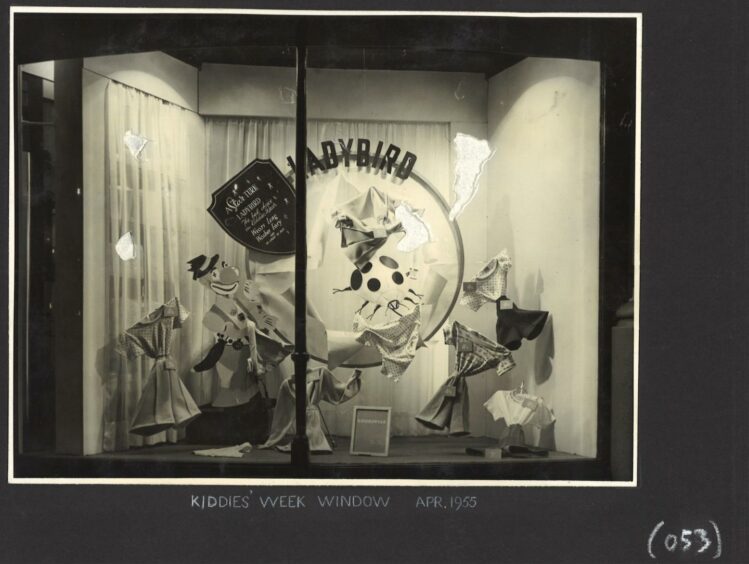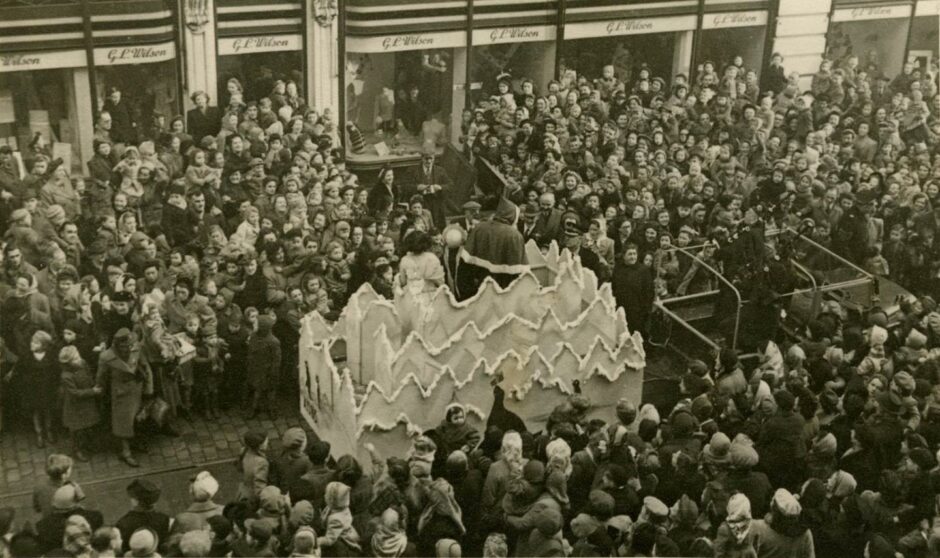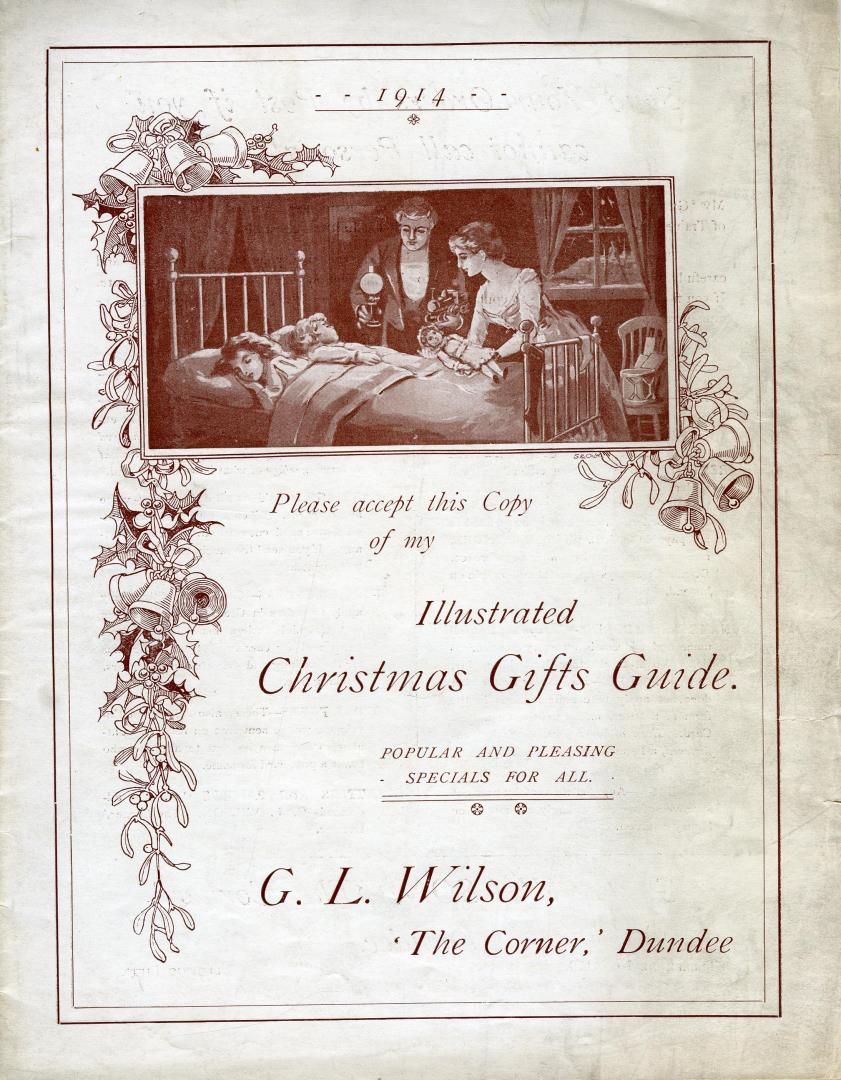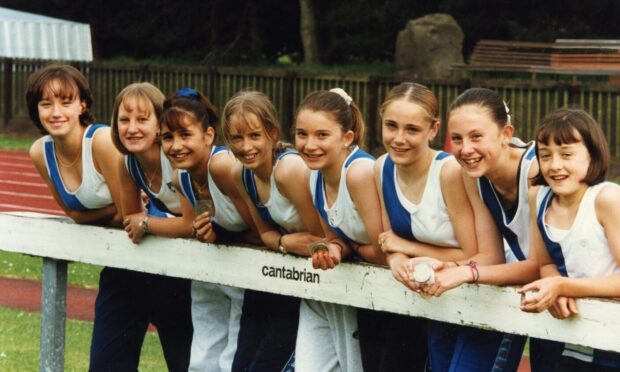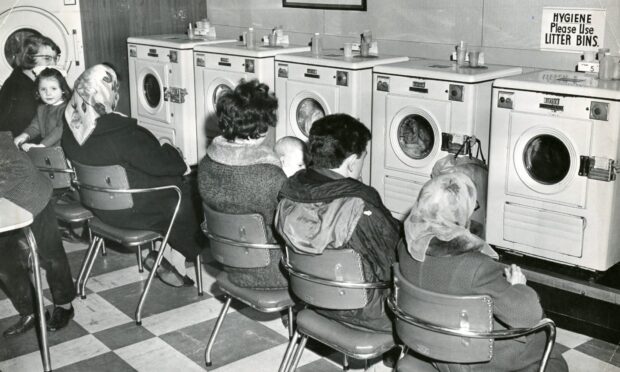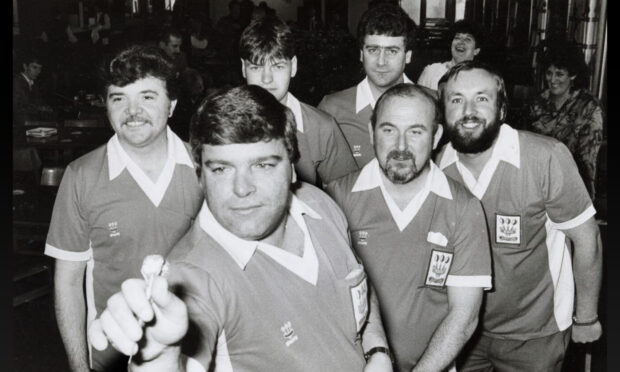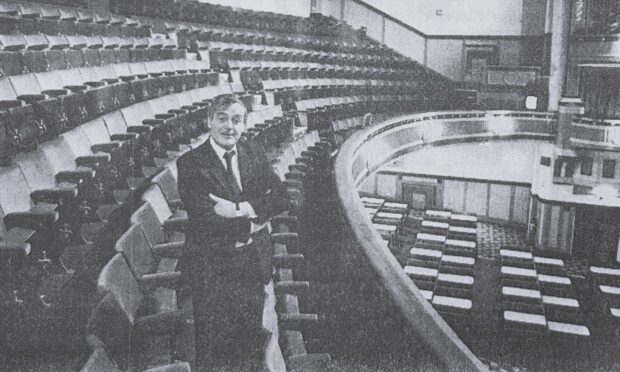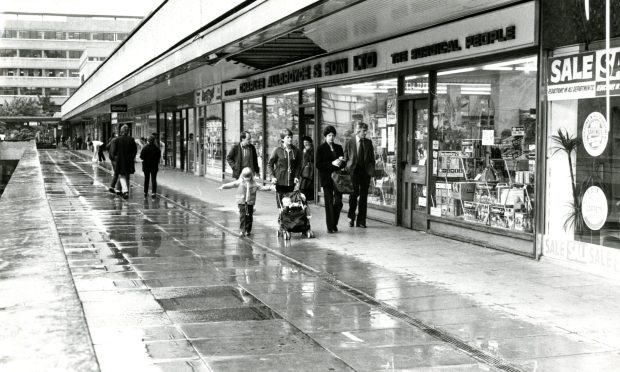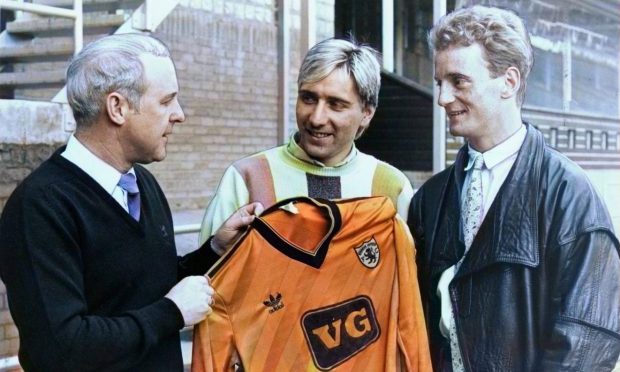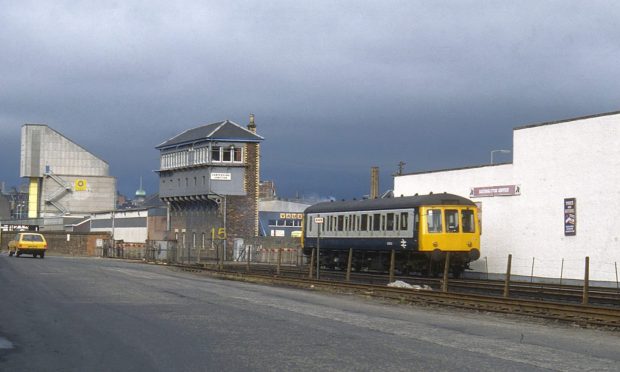G. L. Wilson was one of Dundee’s grandest department stores and one that would have graced the most affluent areas of London.
A special effort would always be made to put on a show for the customers at Christmas, which was something Wilson’s would pride themselves on.
Its Christmas Grotto was a popular attraction and traded successfully for many years.
It is now a bygone era but one that can be glimpsed through these images, supplied by Dr Kenneth Baxter from Dundee University’s Archive Services.
The adverts and images, which are mainly from the 1930s to 1960s, show off some of the lavish promotional displays and exhibitions staged in the shop.
This was all during the halcyon days of Dundee’s ‘big four’ department stores: G. L. Wilson, Draffens, D.M. Brown and Smith Brothers.
They set the bar and all went from humble, hard-grafting beginnings to become the jewels in the crown of Dundee’s retailing trade for decades.
Dr Baxter said: “G. L. Wilson was in an interesting location with two of its main rivals (D. M. Brown and Smith Brothers) taking up two of the other corners of Murraygate and Commercial Street.
“Yet all managed to thrive.
“I think today, with national chains and the rise of online shopping, it is difficult to appreciate that local shops once dominated the town centre and Dundee had many of its own department stores.
“All have long gone and their names are unknown to many living in the city today.
“Yet older Dundonians have fond memories of them.”
The story of Gavin Laurie Wilson, the founder of the firm, almost reads like something from a novel, being the son of a farmer in Strathaven who as a boy became an apprentice to a local draper before going to Glasgow to work for larger concerns.
Eventually he started his own business in Cupar, before starting G. L. Wilson in Dundee as a drapery business in 1894.
Gavin Wilson’s sons, Garnet and John, also joined the family business.
Dr Baxter said: “Expansions into other areas of business and extensions to the store meant it was soon transformed into a major department store employing around 140 people by the time of Gavin’s death in 1932.
“He was active politically, and was a strong supporter of H. H. Asquith when he was MP for East Fife and Prime Minister, and a staunch member of the Liberal Party.
“This love of politics and public service was passed on to his son, Sir Garnet Wilson, who was a very popular and successful Lord Provost of Dundee between 1940 and 1946, and for many years a key figure in the Liberal Party in Scotland.
“Sir Garnet played a crucial role in a number of areas of public life and was instrumental in shaping modern Dundee.”
For instance, during the 1940s he persuaded the UK Government to get Dundee added to the Distribution of Industries Bill to revitalise designated areas.
This offered inducements for new industries and business and he subsequently persuaded NCR to come to the city in the post-war era.
Sir Garnet remained part of the family business and was often found opening the door for customers entering the store and greeting them with a smile.
G. L. Wilson stood on the corner of Murraygate and Commercial Street at a time before the High Street chains had arrived in the city.
In fact, it was the arrival of one of those famous chains that signalled the death knell for the old-style department stores.
When G. L. Wilson’s closed in December 1971, Sir Garnet remarked: “The day that Marks & Spencer entered Dundee the writing was on the wall.”
Such were the effects of a changing High Street industry.
The closures of big shops like Wilson’s were met with dismay in the community.
But while they lasted, the big independent shops provided many happy experiences and memories for Dundee folk.
The mass of bodies filling the crossroads at Murraygate and Commercial Street in the photo above, as the Wilson’s Christmas parade tried to pass through, shows what a major attraction it was.
Dr Baxter concluded: “While some of the big Dundee names, notably Draffens, which became Debenhams, and D. M. Brown’s, which became Arnotts, were taken over and survived for a time as part of national chains, many others closed and the buildings were taken over and often subdivided.
“My own memory is the old corner part of GL’s, which had Peter Lord the shoe shop…
“I remember going for shoes there when I was very small and thinking it was rather grand for a shoe shop.”
Wilson’s was nicknamed The Friendly Store.
Sir Garnet died, aged 90, on September 18 1975.
More like this:
Memories of Dundee’s mesmerising Wellgate clock
All bright on the night: Dundee Christmas lights through the decades
Remembering the lost shops of Dundee’s iconic Keiller Centre
